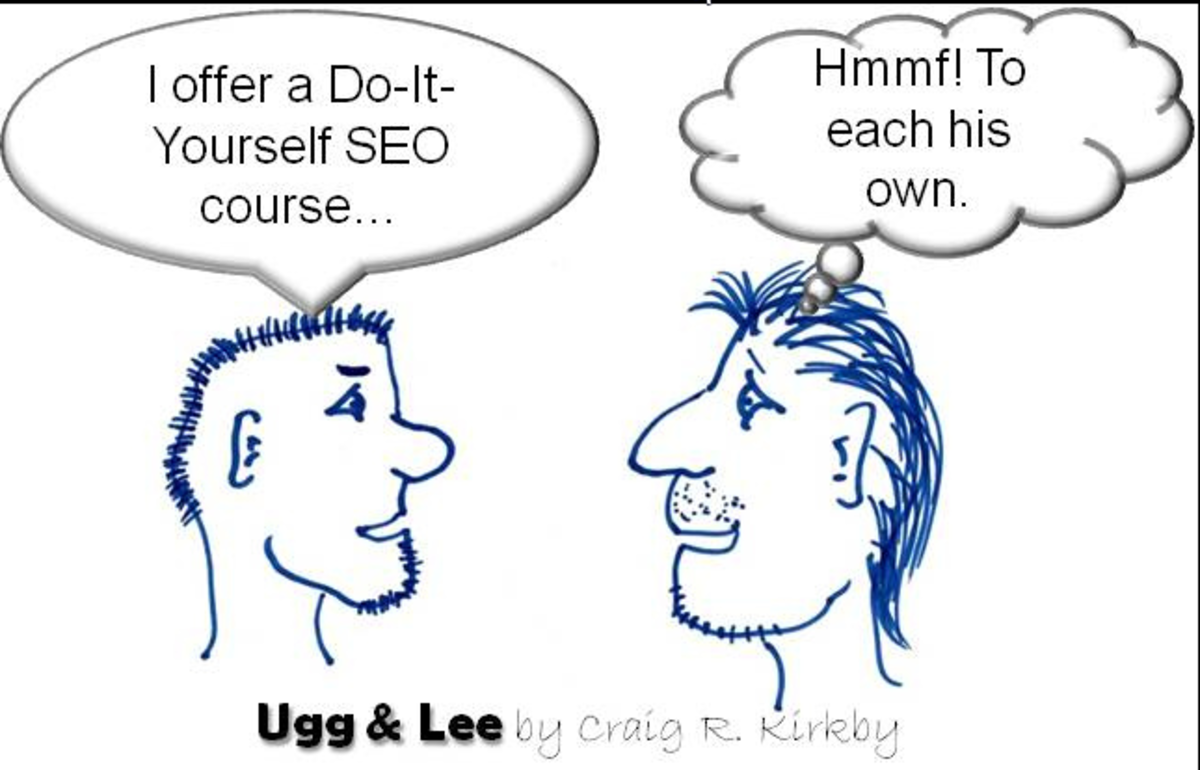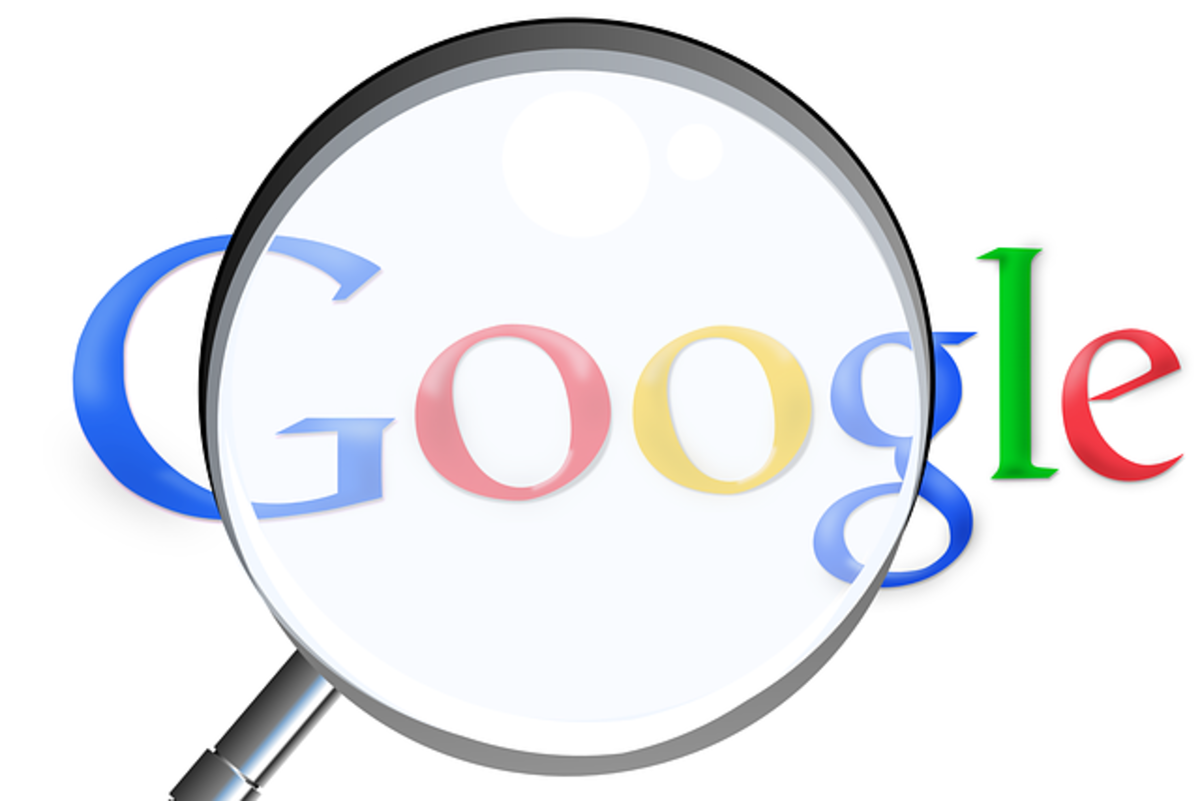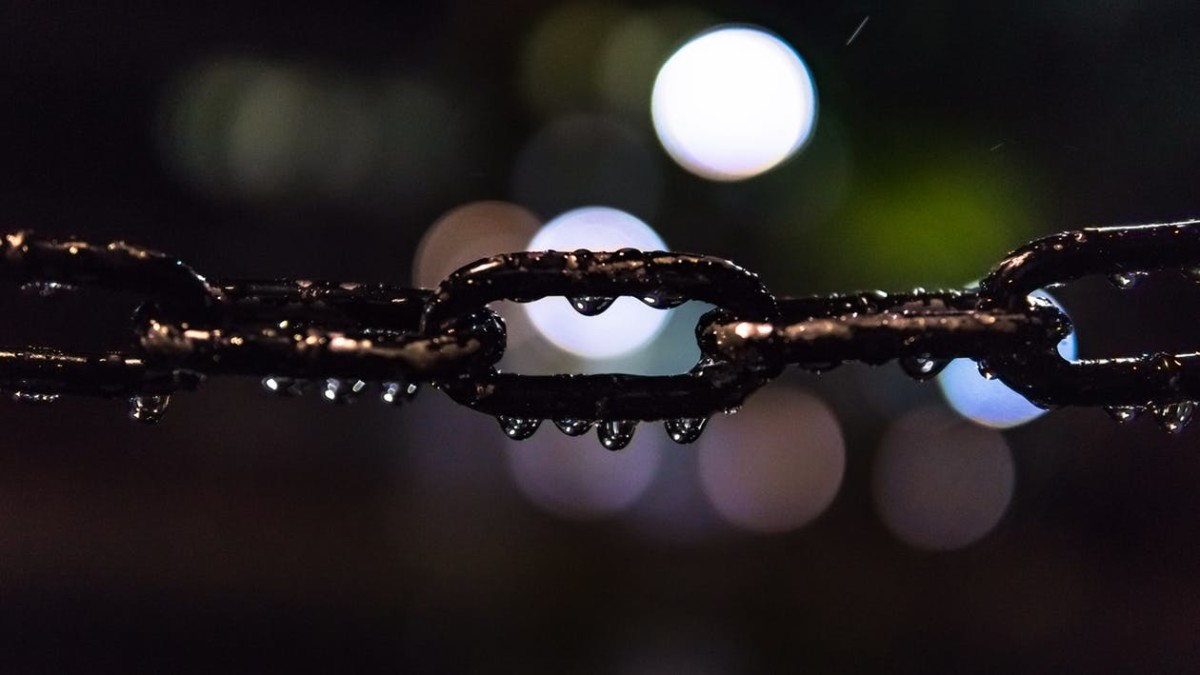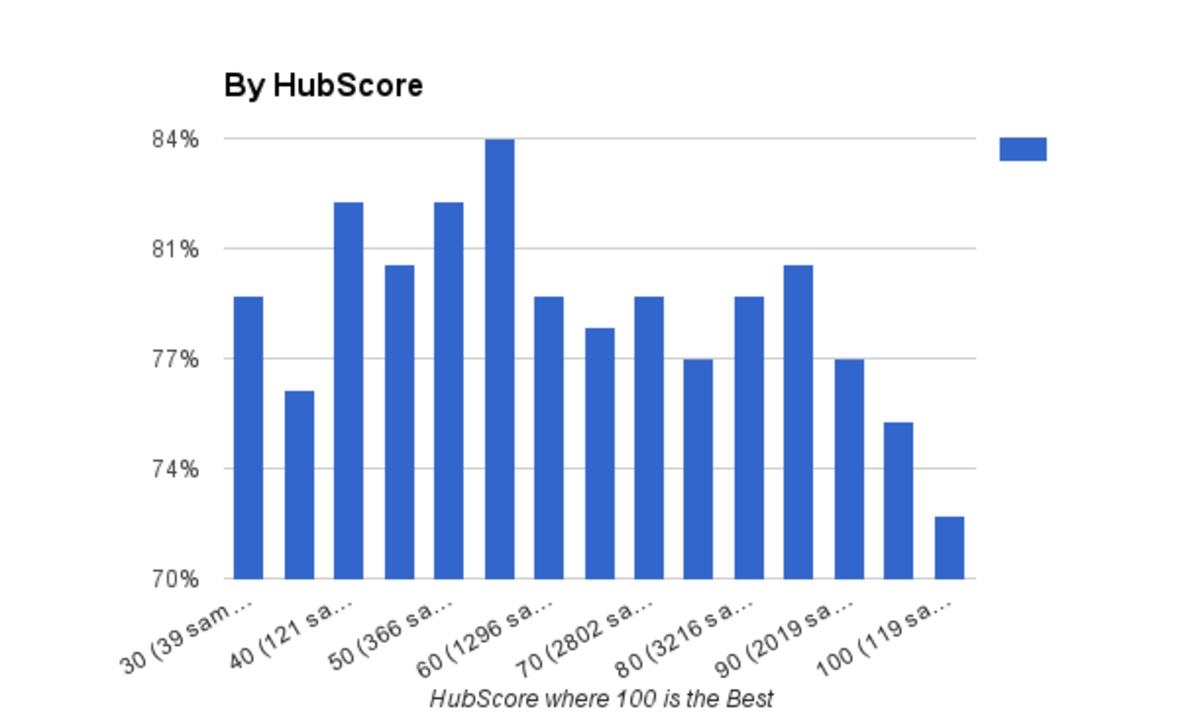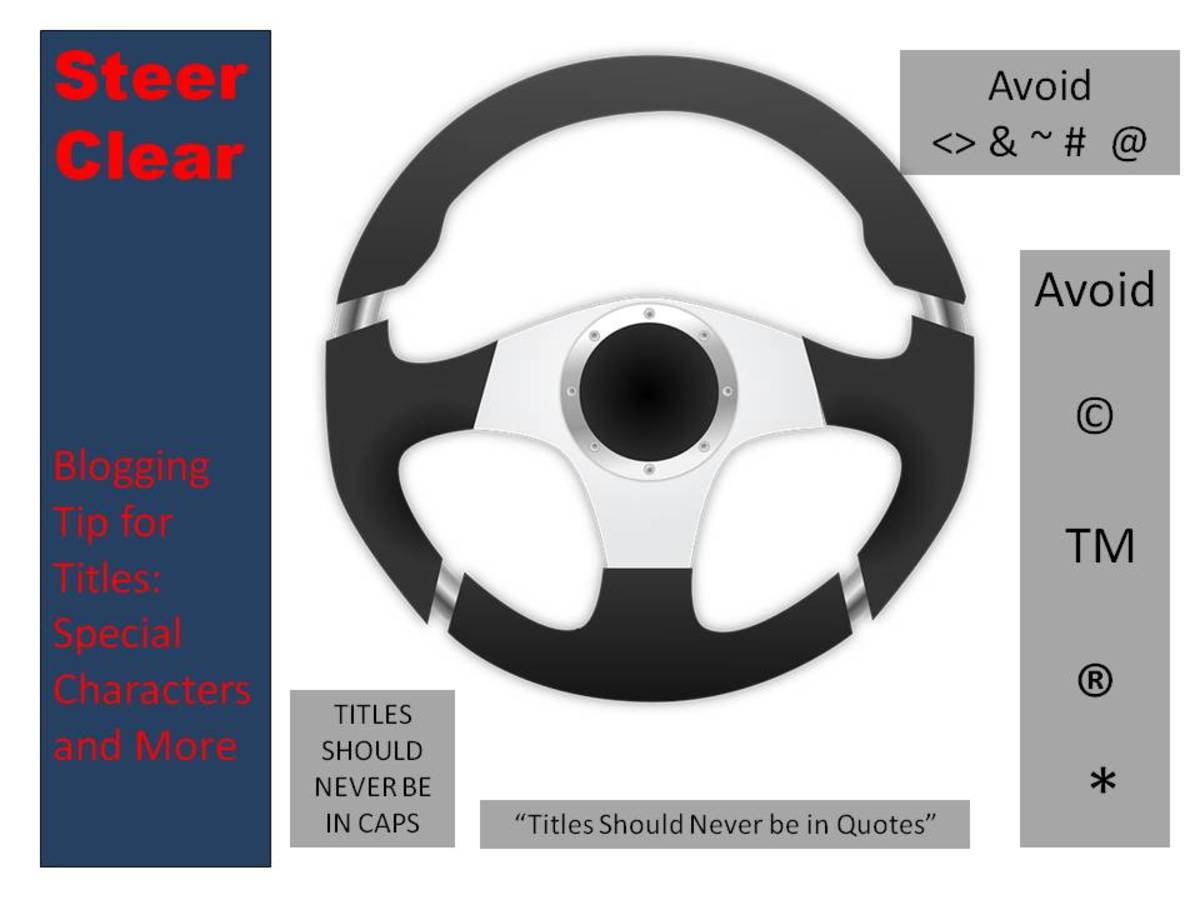What are the Google Panda and Penguins Updates? How are they Different?
Google is on a constant crusade to present the best search results they possibly can. Theirs is a war fought against keyword spammers, black hat -- illegitimate -- SEO users, nefarious low-content website owners and spam networks. Every time a user performs a search and gets a blog that looks like a robot wrote it, Google fails. Therefore, they're constantly working to update and upgrade their search algorithm to combat the latest shady SEO techniques and spam.

All About Google Panda Update
The largest and most recent of these search algorithm updates was the Panda update. Panda shook up the blogging and online commerce industries. It focused primarily on improving the user's experience on a website. The goal of panda is to rank lower low quality websites from the search results. While this primarily does as advertised, plenty of legitimate blogs and content providers were hit as well. One of the largest victims of Panda was eHow, a site based around providing very short instructions for simple tasks.
What does panda targets?
Panda penalizes what Google terms "low quality" sites. The sites it targets fit one of several criteria. It may have large amounts of old content, which indicates it's not an active site. It may have a lot of short articles. Sites with very little text or thin content are penalized, content than brings little or no value at all for the readers. Panda also targets sites that copy content from other sites. Whether or not the copying is sanctioned, it is penalized. To avoid being hit by Panda a webmaster must produce useful and unique content for their visitors.

All about Google Penguin Update
Penguin is Google's newest update. The goal is to penalize or give less importance in the search results to websites from the search results that violate Google's webmaster guidelines. Among the issues addressed are black hat SEO practices, keyword stuffing, link schemes and over optimization of websites and anchor texts. All of these are techniques used to artificially boost a site's pagerank, making it show up in search results ahead of sites with much more legitimate content. In the case of duplicate content, a black hat SEO site can actually rank higher than the site that originated the content. Obviously, this is something Google does not want.
Penguin slaps sites that use keyword stuffing, which is where content reads less like English and more like a word list. Keyword stuffing frequently happens in meta descriptions as well. It also targets "cloaking," which is where a dummy site is created within the site specifically for web crawlers. The intent is trick a search engine into rating a site higher despite it's actual content being low.
Surviving both updates
Both Penguin and Panda hit sites using shady business practices to inflate their pagerank. If a site is boosting its search results artificially, rather than earning their rank with quality content and usefulness, it deserves to be knocked down or removed entirely. The wide-scale changes ended up hitting plenty of legitimate sites as well. Not every site hit was using black hat techniques.
Surviving the Panda update relies on scouring your content for anything that can be labeled "thin" or low quality. Removing or improving this content is essential. It also benefits your readers, who enjoy quality content far more than content generated solely to gain hits. The key is to post new, high quality content on a regular basis and remove the worst old content you have. Any time you find an external site copying your content, report the scraper page to Google.
Making it through Penguin unscathed means making sure you're not abusing tactics that formerly worked to secure a top spot on Google. Avoid keyword lists, even if they're formatted in sentences -- Google can see through the charade. Avoid buying backlinks in any form, and make sure all the links you post are posted because they're valuable, not to build link reputation. Avoid any black hat techniques -- even if they work, Google will hit them eventually.
Surviving Google's constant updates is a matter of being adaptable. Constantly improving your website is the only way to stay ahead of the competition, both the legitimate and the black hat players on the Internet.


